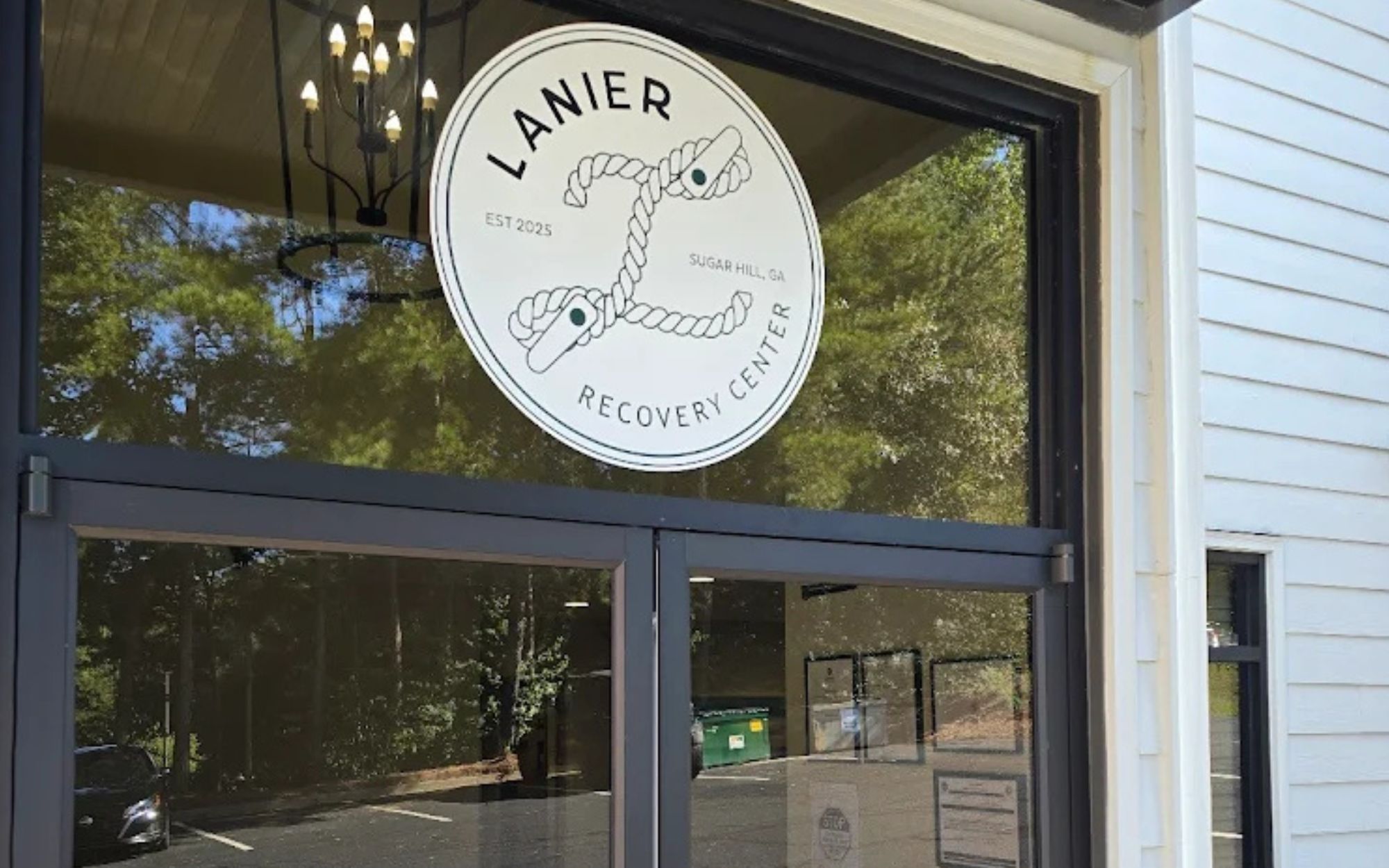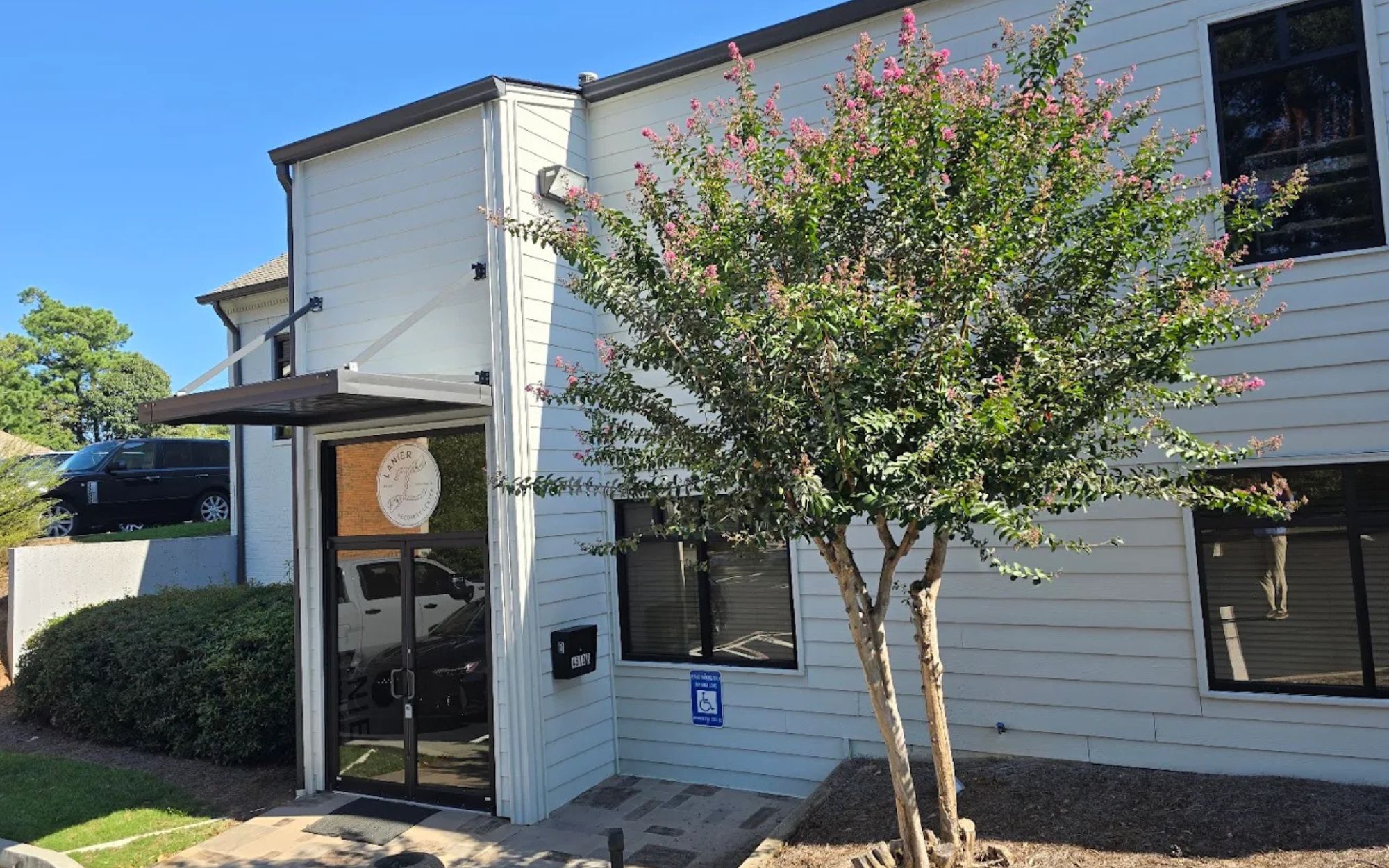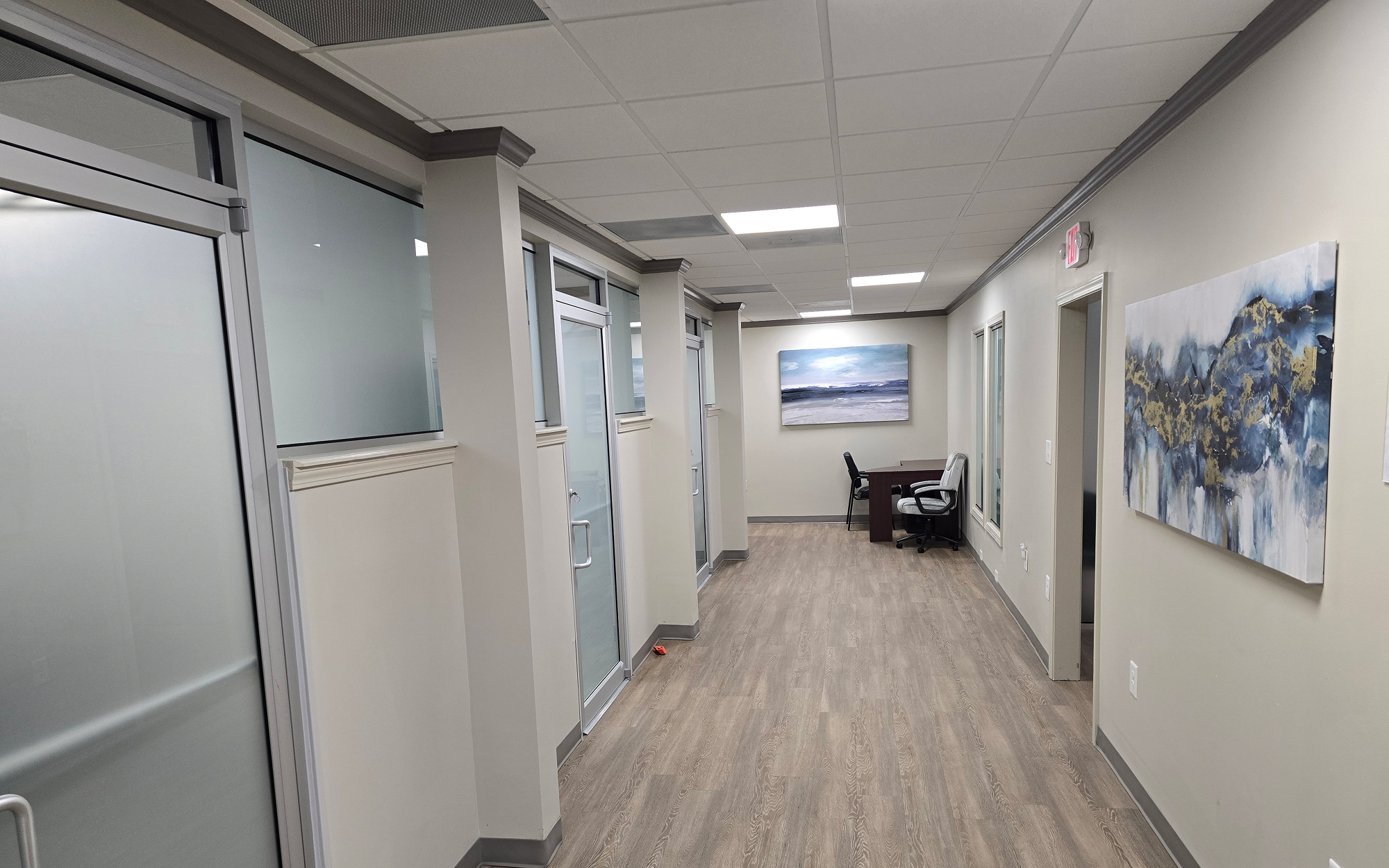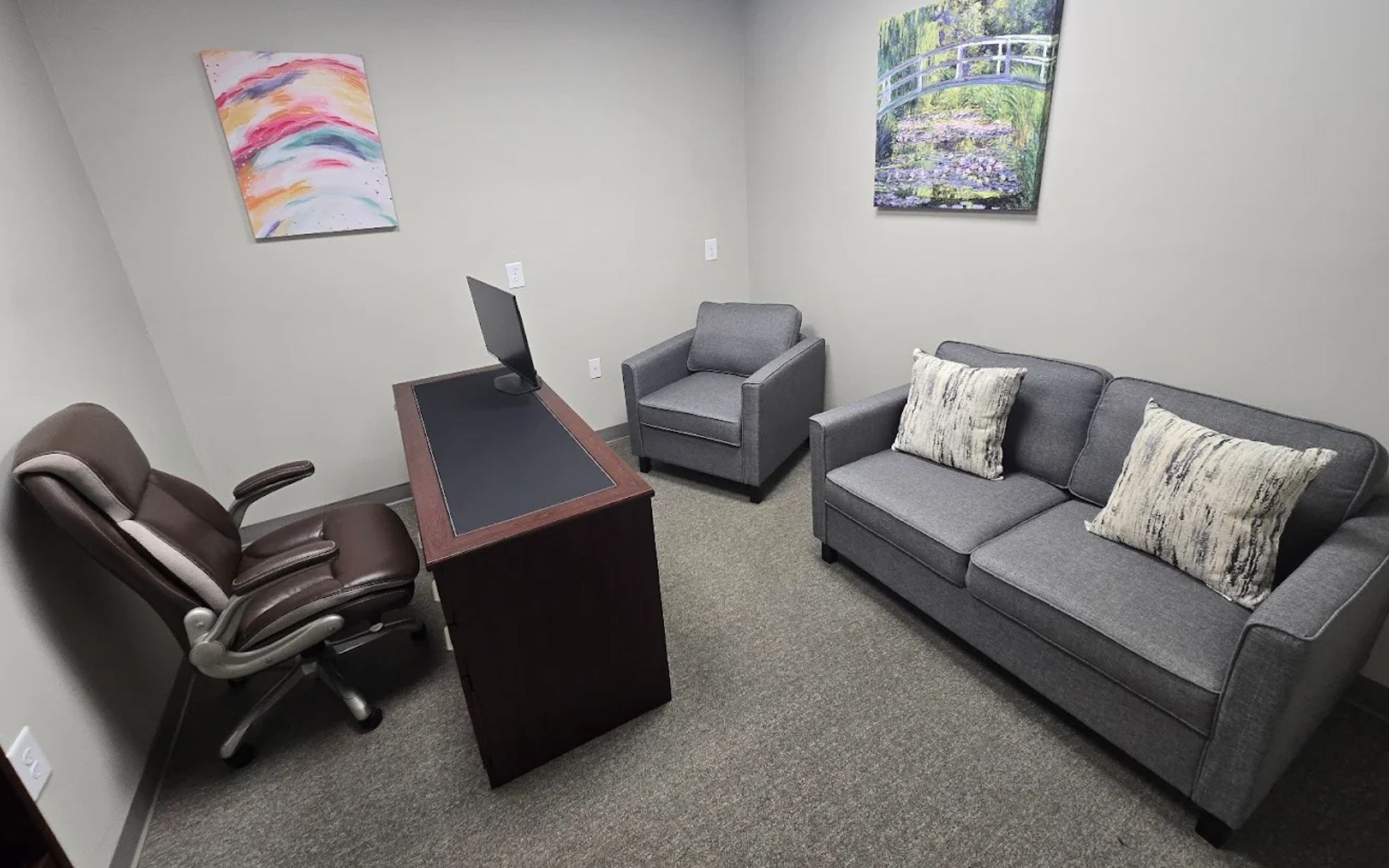
Rehab for MDMA addiction
MDMA—commonly known as ecstasy or molly—is often associated with party culture and music festivals. While it may seem harmless in social settings, repeated use of MDMA can lead to psychological dependence, long-term emotional dysregulation, and cognitive impairment. At Lanier Recovery Center in Atlanta, our outpatient programs provide comprehensive treatment for MDMA addiction with an emphasis on personalized care, mental health support, and long-term recovery planning.







